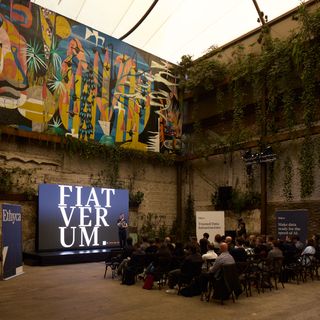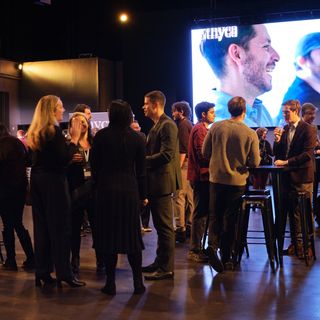News
Stay updated with the latest from Ethyca—industry news, product updates, team announcements, and thought leadership on the future of data privacy.
Recent news
[52 Articles]

Company News
Make It Real in Mexico City
From Ambition to Execution
Feb 05, 2026

Research Signals
Unifying Legal & Engineering Teams
with a Trusted Data Layer
Feb 04, 2026

Engineering
Engineering an LLM Data Classifier
for Enterprise Privacy Governance
Dec 23, 2025

Company News
Trust in Motion Recap
Why AI Scale Is Now a Data Readiness Problem
Dec 11, 2025

Company News
Ethyca Expands to Europe
New Dublin HQ and AI Governance R&D Center
Dec 03, 2025

Privacy Practice
Regulatory Realism in Brussels
How the EU’s Digital Omnibus Rewrites the AI Act & GDPR
Nov 25, 2025

Team
Ethyca Welcomes Julie Brill and Daniel Weitzner to Our Board
Nov 20, 2025

Research Signals
The AI risk multiplier:
Why AI amplifies every data governance problem
Oct 20, 2025

Privacy Practice
From fire drills to flow:
Automating privacy requests in financial services
Sep 26, 2025

Research Signals
How to govern data and AI
With a policy-as-code approach
Sep 10, 2025

Insights
RoPAs in the age of AI:
The old way is no longer fit for purpose
Sep 04, 2025

Insights
Scaling DSR fulfillment:
Why infrastructure beats workflows
Aug 28, 2025
